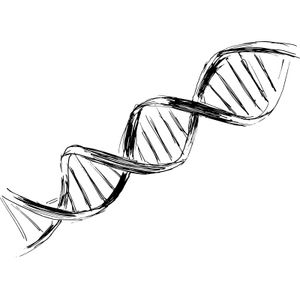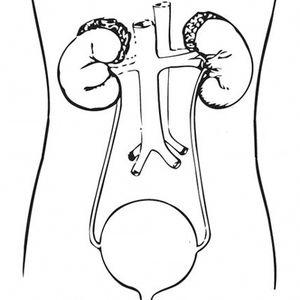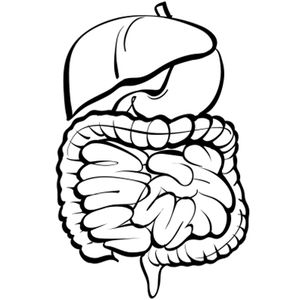Articles by Erin M. Burns, PhD, MSPH
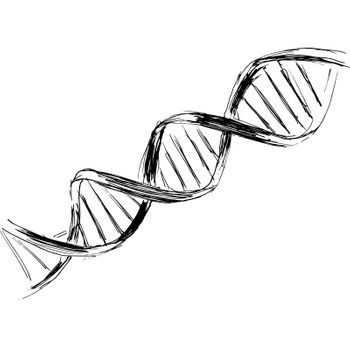
Approximately 20% of cancers worldwide are linked to an infectious agent. Currently, there are seven known oncogenic viruses, which include Epstein-Barr virus, hepatitis virus B and C, human papillomavirus, human T cell lymphoma virus 1, Kaposi sarcoma virus and Merkel cell polyomavirus. Among these agents, HBV, HCV and HPV each contribute to ap- proximately 5% of all cancer cases.
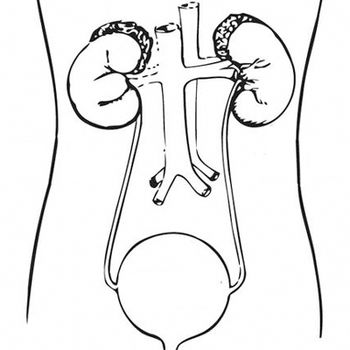
Cytotoxic chemotherapy has shown limited efficacy in metastatic RCC, but immunotherapeutic and antiangiogenic approaches have introduced promising treatment modalities. The use of immunotherapy has made a significant impact on the treatment of patients with RCC, first with single agents and then with combination regimens.

Over the last decade, immunotherapeutic options have led to impressive clinical responses in patients with various cancer types and this has increased expectations for successful treatment of the disease. Despite immunotherapy results leading to clinical trials in melanoma, renal cell carcinoma and non–small cell lung cancer, the percentage of patients who respond to immunotherapy remains low; this highlights the need to identify the patient population that will best respond to these approaches.
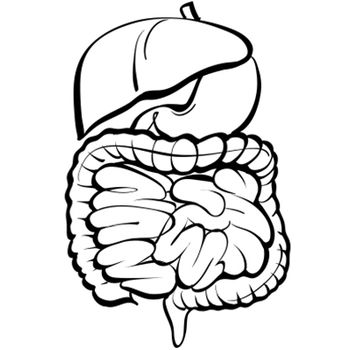
Over the past 15 years, cancer therapy has been revolutionized through the development and use of antibodies that block T-cell inhibition via immune checkpoint, such as CTLA-4 and PD-1.

The disruption of chromatin modulation has been shown to be an important step in the development of certain cancers. A variety of cancer types exhibit chromatin-modifying mutations, which often correlate with cell fate decisions. Specifically, mutations in EZH2 (enhancer of zeste homolog 2) have been frequently observed in cancer, and small molecule inhibitors have been developed against the enzymatic activity of EZH2, with evidence of clinical activity in early-phase trials.
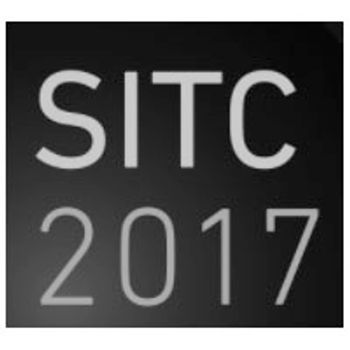
The tumor microenvironment consists of malignant and nontransformed cells and the associations between them. Nonmalignant cells exhibit tumor-promoting functions during all stages of carcinogenesis. Targeting nonmalignant cells and/or communication mediators may have immunotherapeutic application across various tumor types and could complement other therapies as well.






